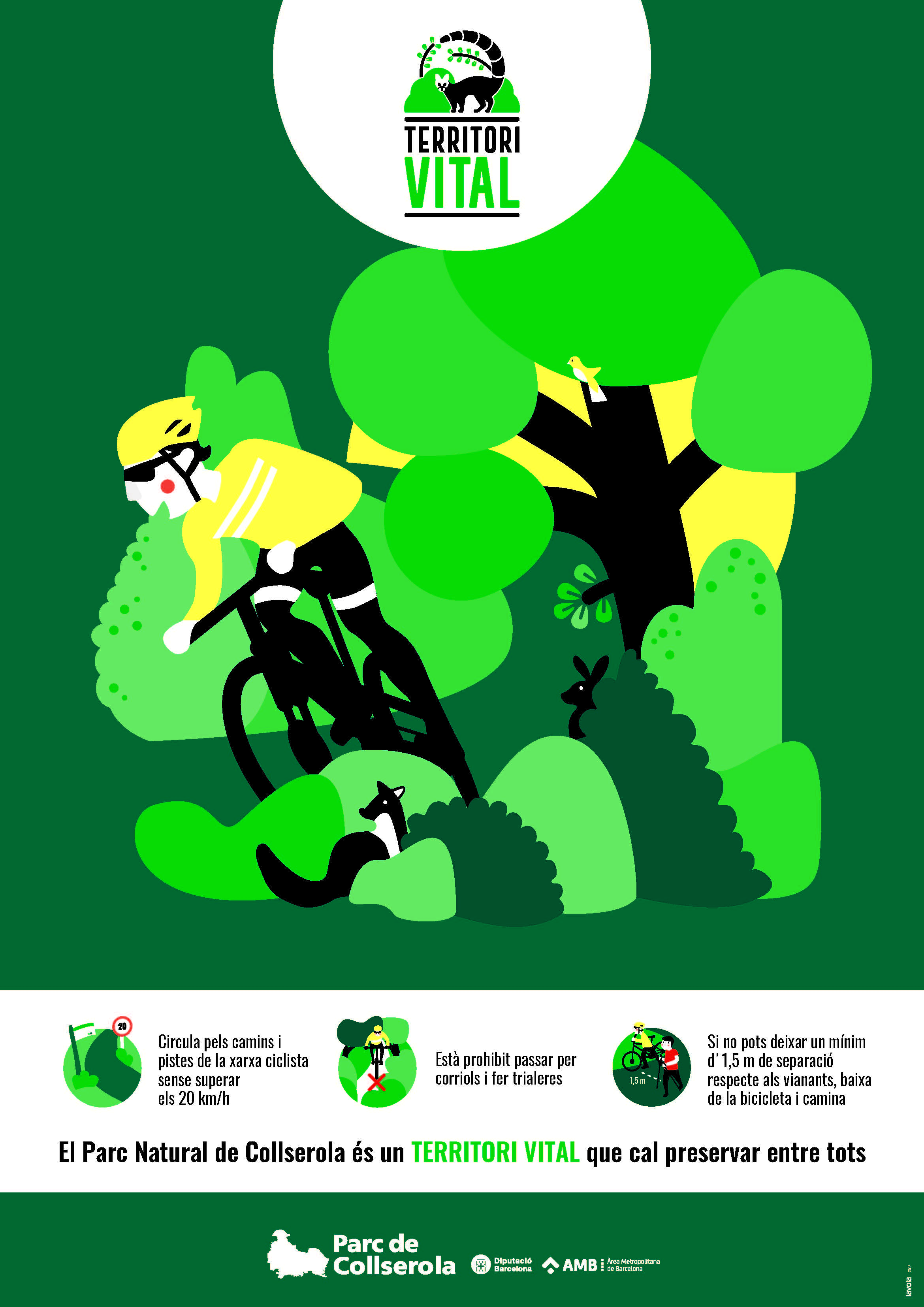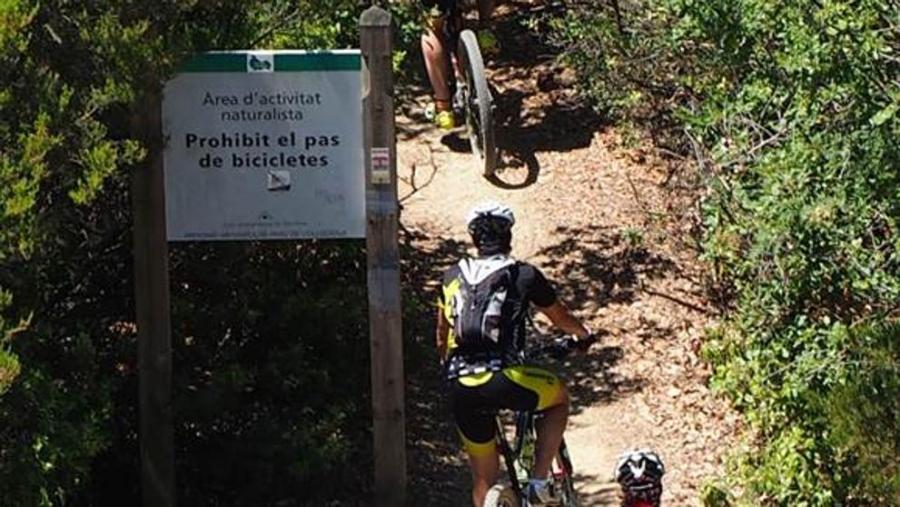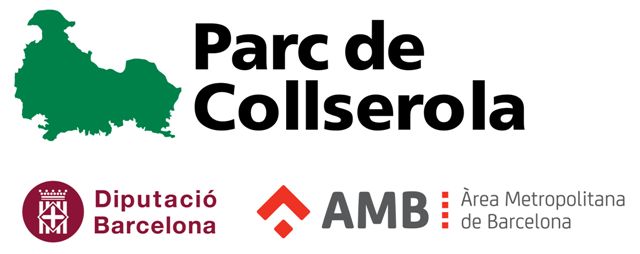Case Study
Implementation of ordinances with sanctioning framework to regulate the use of bicycles in a Periurban Park
Contact name
Marta Doñoro Moya
Institution name
Consorci del Parc Natural de la Serra de Collserola
Region & country
Àrea Metropolitana de Barcelona - Catalunya (Spain)
Summary
One of the activities that generates more conflicts between users of the Collserola Natural Park (Barcelona) is the practice of mountain biking. Although there are some rules that regulate the conditions and limitations of passage along roads and paths, since 2000, they are largely not fulfilled. This generates complaints among walkers and hikers who, on many occasions, feel threatened. The reality is that the uncivil behaviors of some cyclists cannot be sanctioned because there is no sanctioning framework. Therefore the Consortium of the Park has proposed a legal framework that could be assumed by the municipalities, via passing and implementing municipal rules/ordinances in the territory of the Park.

Poster with the rules to cycling in Collserola Natural Park
Collserola Natural Park

Despite the information in the panel, users are cycling through a prohibited track
Collserola Natural Park
Background of the project
The ordinances in force since 2000 establish, among others, the following limitations:
-Bicycles must circulate along the network of roads designed for bicycles, in general roads that are more than 3 m wide. One cannot cross country, streams, trails or similar.
-Maximum speed 20 Km / h
-Walkers have priority and must be respected by cyclists and avoid reckless situations.
-Circulation through the Partial Natural Reserves of the park is not allowed.
-One can’t do races.
After many years of insisting and disseminating the regulations and even creating participatory workshops with the administrations and sports entities, it still seems that many cyclists do not respect the ordinances and that the problem is still growing: creation of narrow descent tracks and downhill descent at high speed, use of small trails, cross-country circulation, etc. Meanwhile the use of the park has progressively increased over the past 10 years.
Solution and actions taken
Given that the Park does not have the power to implement and effectively enforce regulations and much less to impose sanctions, a draft with a sanctioning framework has been proposed, passed by the Park’s governing body and transferred to the 9 municipalities of the Park. The municipalities are those who have the capacity to pass and enforce them with the support of the local Police, under request that they include them in the municipal ordinances/rules.
First, hire a professional specialized to write the ordinance. Once agreed, in 2013, it was presented to the Assembly (decision-making body composed of political representatives).
Although it was not passed, it was agreed that more pedagogy would be made by the Park before establishing sanctions.
It has been confirmed that the conflict situations are increasing due to the complaints received by users of the Park. Three years later, the proposal was presented again and finally passed.
Other institutions or parties involved
The Advisory Council is an open body composed of more than 50 public bodies and private organizations (hiking, neighborhood, cultural, conservationist and other associations), and meets ordinarily twice a year. In one of the sessions it was proposed to raise a petition to the decision-making bodies of the park, demanding that this ordinance should be passed. Thanks to this request, the Assembly passed the ordinance.
Results
Only 4 municipalities of the 9 have passed the ordinance, but still, none of them has begun to implement it. We will have to insist from the Park to proceed with their approval.
It is necessary to take into account that reluctance will surely be shown from certain groups of the cycling organizations. Recently, a Platform has been created to oppose the new regulation frontally and is organizing a protest demonstration in the center of the city of Barcelona the next month of October.
Challenges
The main difficulty has been to encourage the municipalities to proceed and to pass this ordinance and include it into its municipal ordinances without introducing substantial modifications, so that all the municipalities of the Park apply the same or similar criteria.
Once approved, they will have to implement it with the presence of local police to control the cyclists and, if appropriate, apply the sanctioning framework.
Lessons learned
Despite having carried out workshops and communication campaigns, the activism of cyclists who do not respect the rules is very large through social networks. In these, videos of descents and new circuits are loaded, causing a call effect for new cyclists. We will have to continue working and improve coordination with other administrations, as well as with the media and with the cycling group.
Contact name
Marta Doñoro Moya
Institution name
Consorci del Parc Natural de la Serra de Collserola
Website(s)
